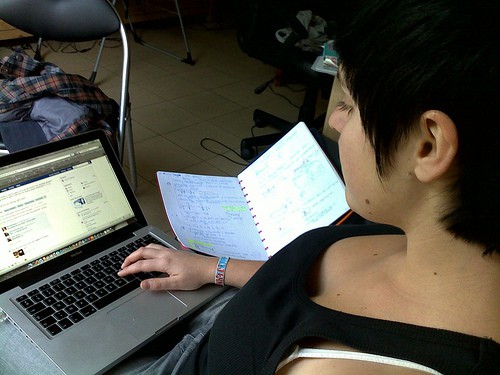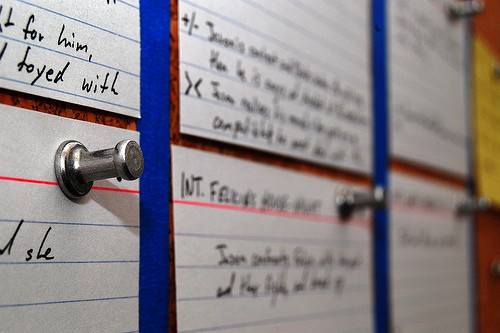Note: I’m leaving today for a week-long overseas trip. I won’t have Internet access (by design), so I give my usual apologies about not being able to moderate comments or respond to e-mail in the near future.

The Maverick
Esther Duflo, a professor of economics at MIT, discovered her life’s mission in graduate school. It started with a class taught by Abhijit Banerjee, a pioneer in the field of development economics. Duflo ended that semester with a clear vision: when helping the world’s poor, rigorous and controlled experiments can be used to determine which programs work and which fail.
Other thinkers had toyed with this idea, but Duflo boasts, as Ian Parker notes in his recent New Yorker profile, “[a] faith in redistribution…[and] the optimistic notion that tomorrow might turn our better than today.”
This confidence translated into an ability to conceive and then execute development experiments on an unprecedented scale. Her dissertation, titled “Three Essays in Empirical Development Economics,” became a standard in the field. As Parker reports, Duflo received offers from every top economics department in the country, with the exception of Stanford. In 2003, she co-founded a Poverty Action Lab at MIT, which has since conducted over 200 empirical development experiments. In 2004, she was made a full professor at MIT. In 2009, she won a MacArthur Genius Grant.
When reflecting on Duflo’s life, it’s clear that her mission is the foundation for her rapid success. Lots of young economists work very hard, and many have more technical ability than Duflo, whose accomplishments are more logistical than mathematical. But she focused her attention on a worthy mission, which accelerated her, to an almost ridiculous speed, along the path to becoming so good they couldn’t ignore her.
I’m fascinated by the concept of a life mission,which I define as devoting the bulk of your professional energies toward an under-served but unambiguously useful cause. As Duflo’s story emphasizes, missions can help spawn a remarkable life.
But the closer you look at the concept, the murkier it becomes…
Read more





